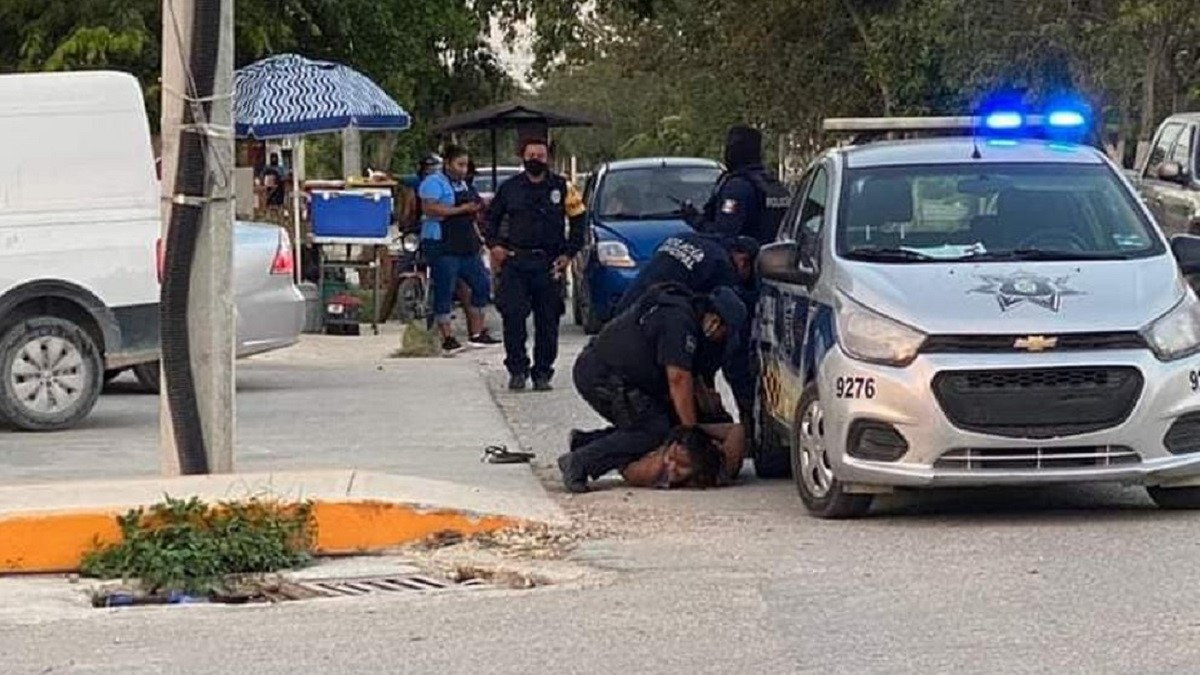Mexican authorities charged four policemen for the crime of femicide after the excessive use of force against a handcuffed Salvadoran woman who lost her life in Tulum, the Quintana Roo Attorney General's Office reported on Monday.
The Prosecutor's Office indicated that according to the results of the autopsy, the victim presented "a fracture in the upper part of the spine produced by the rupture of the first and second vertebrae, which caused the loss of life" on Saturday in the afternoon.
The injuries, according to the opinion based on criminology, forensic medicine, and . . .






